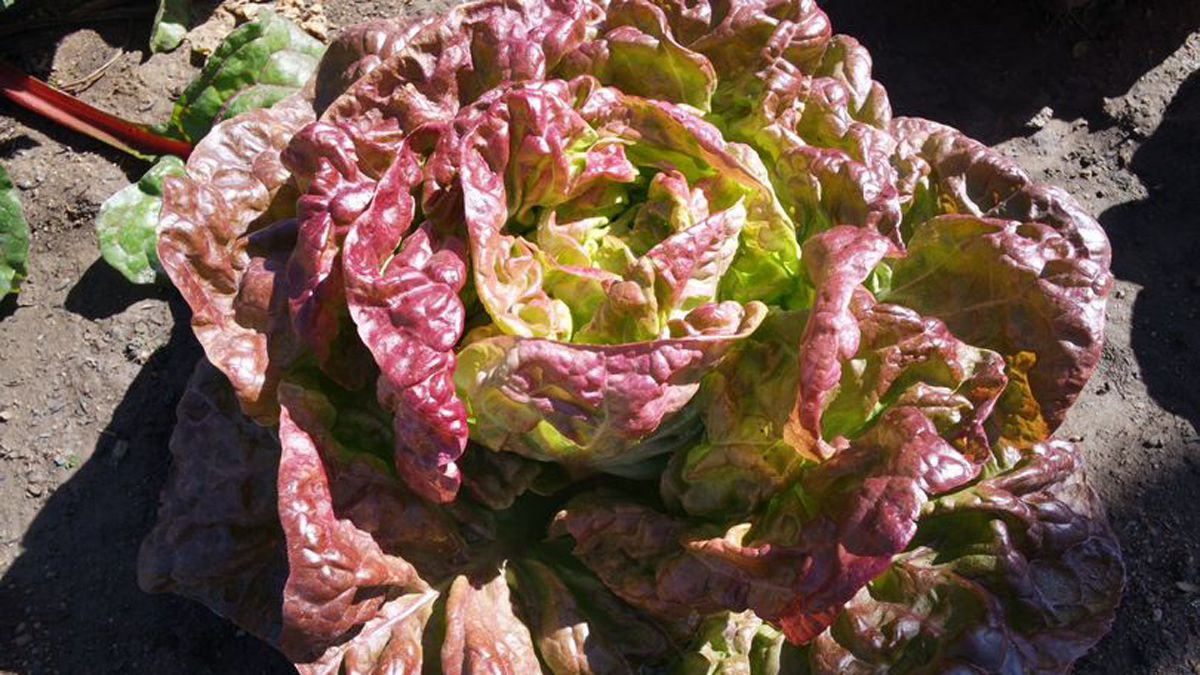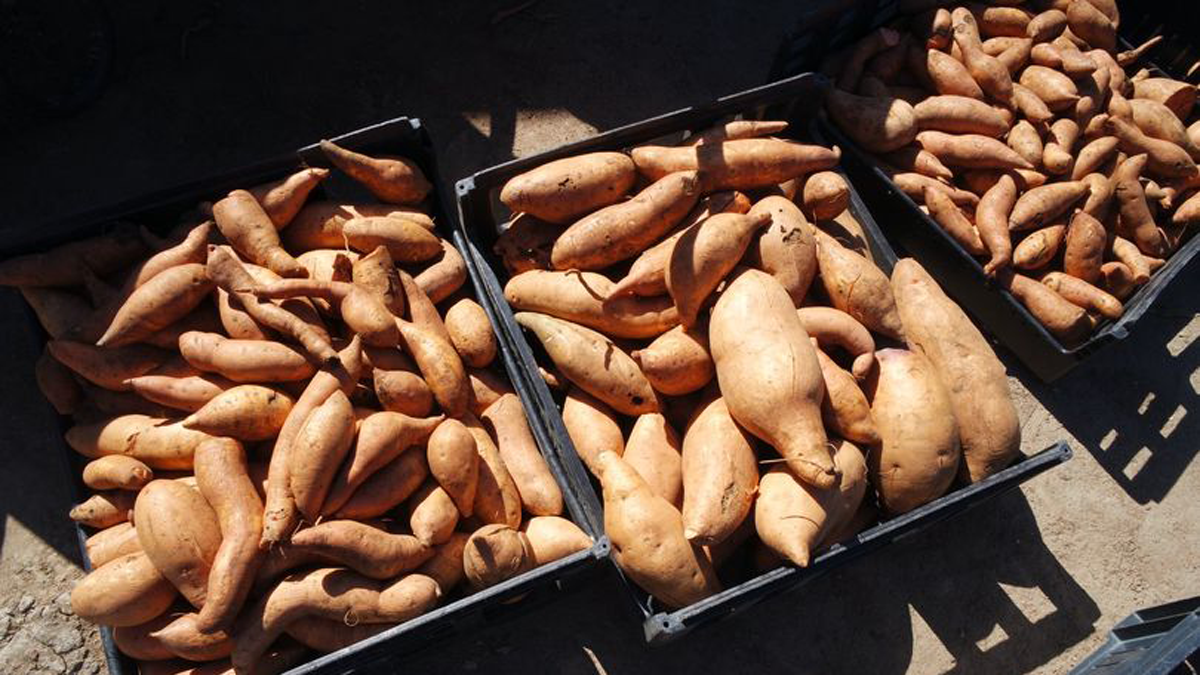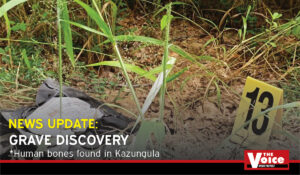Meet Mma Farmer, the organic grower
It’s Monday 1st August, and Yours Truly sets out to Kingfisher Farm, home to the jolly educator-turned-farmer, Julia Farmer (yep, that’s her last name); my former teacher at Legae Academy (LA) yonks ago, who would later become my daughter’s primary school head teacher at Letlhabile as well.
The organic farm is nestled deep within the picturesque Notwane Farms, which is roughly 15km outside Gaborone, neighbouring Taung and Ramotswa to the east (apparently just 8km yonder) and Sentlhane farms westwards, along the A1 South. I’m a sucker for long, solo road trips, and although a short one this, there’s consolation in that I get to wander into bush. Today is unsurprisingly warmish. So, as I off-ramp into Notwane, I’m tempted to wind down my window to let in the cleaner air of the outskirts but, right on schedule, August is aggressively making her presence felt, so it’s dusty, and I compromise, leaving the window ajar.
When I arrive at Kingfisher farm 30 minutes later, I realise there was no need for directions as I followed the signage, only stopping once to confirm with a lone farmhand along the narrow raggedy road if indeed I was en route to the farm. The jaunt has certainly been therapeutic, as I took my time meandering slowly up the parched but beautiful landscape past acres and acres of estates taking in all of nature’s beauty. To a degree, the ‘excursion’ sure sates my wanderlust, just a tad.
An animal lover, too, Jules shares her 4-acre farmstead with her boyfriend, Blessing Mgadla, as well as the couples’ 4-legged besties; 2 identical brown Labrador crosses, an ageing Dalmatian, and a partially-blind, white Great Dane mix named ‘Sparkles’ (apparently still recovering from blindness after a snake attack – I immediately take a liking to him) and two cats.
Full of the joys of spring, the passionate and vivacious Mma Farmer or ‘Jules’, as I like to call her, grows a variety of vegetables and herbs – grown sans harmful chemicals and pesticides – in the 4-acre holding.
She ushers me to her outside dining area, and as I take my seat, I immediately notice a farmers’ magazine atop the table, a sizeable pebble keeps it in place lest the roaring wind steals it away; she says it’s her favourite read.
Mma Farmer has in fact been an educator all her life – 3 years in the United Kingdom, 10 years in public schools, and 22 years in private schools locally.
“I have also been a lecturer at MCE, head teacher of two private primary schools as well as a classroom teacher and Head of Department. Farming is not a job but a way of life. Nature also teaches you a lot about life and helps you to heal from some of life’s worse challenges. Farming is hands-on and you need to be constantly growing yourself as well as your produce,” she explains.
Taking me through her transition from the classroom to the farm, the former Home Economics and Art teacher says she specialises in leafy vegetables such as lettuce, spinach, and herbs due to the clay soil.

However, they grow a variety of other veggies in raised beds and tunnels, which have sandy soil.
“In 2010, my house burnt down and I lost all the material possessions I owned except my vehicle and the clothes I was wearing. I was in the process of getting insured. After this disaster, I changed my way of thinking and found comfort and healing in the garden, especially with growing food. After losing my eldest daughter in 2012, I reduced teaching to part-time and finally left teaching at LA at the end of 2013. I registered my farming business at the end of 2011 but only started full-time farming in 2014,” she says, reiterating they only grow non-GMO (genetically modified organisms) and mostly use their own seeds through seed saving, or buy heirloom non-GMO seeds.
Indeed a life-long educator, the affable farmer takes me on a tour of her farm, schooling me about her sustainable methods as we discuss food security, a major concern across the world and in particular in our country, with government instituting a ban on certain vegetables to reduce the huge import bill and ultimately aiding local producers feed the nation.
“It is very satisfying to know that I partake in ‘feeding the nation’, particularly as we grow organic and non-GMO, which is good for both people’s health and that of the environment. Our individual customers are often those recovering from illness such as cancer or those who are concerned about their health and the damage done to the environment through the use of chemicals in commercial agriculture. It will take time for farmers to utilise the advantage of the import bans on certain vegetables. Also supermarkets still pay low prices for what they receive from local farmers and yet farmers have increased costs due to the state of the world economy. Farmers still need more support in order for their farms to thrive in the difficult growing conditions in Botswana during the summer months,” she states emphatically.

So, what’s a typical day like at Kingfisher farm? “The day starts with a walk around the farm with the dogs. The 2 full-time farm workers will either do weeding, preparing beds or transplanting up to teatime. Then they will start watering the farm; in the afternoon they will do harvesting for deliveries or markets. I join them and help with the activities. On delivery days, we also do harvesting in the morning. My day is always full. Mornings are for the business and marketing. Evenings are for making preserves and baking cakes plus advertising on Facebook,” she explains.
Indeed, Facebook is where the 65-year-old markets her crops and events like the monthly Farmers’ Market, and workshops for those interested in growing their own fresh and healthy vegetables and herbs, or garden plants without the use of chemicals.
“In May, we had the organic horticulture masterclass, which includes an optional visit to the farm. Legae Academy Environment and Science Club have been coming regularly in the past to learn about organic growing and it was revitalising to spend this time with the enthusiastic students and teachers again.”
Staying true to her profession, ever the creative and positive teacher I’ve always known, we arrive at the farthest part of her farm.
She introduces me to her compost farm where she makes her own fertilizer – worm tea.
This section houses colourful, exotic veggies like scarlet kale, radishes, romaine lettuce, artichokes, dandelion greens, broad beans, asparagus, and herbs like wild garlic and rocket.
As Jules imparts much-appreciated wisdom, she divulges that soon, she will be launching her book titled ‘Growing Happiness’.
“I believe life’s challenges are to make you stronger and enable you to help others who experience similar. My book takes you through the three major losses I have experienced in my life and how I used the tools of forgiveness, gratitude and love to heal and find happiness. Alongside that, I describe how my passion for gardening/farming developed and ultimately was a driving force to my healing and being the happy person I am today. The book will be available in about a month’s time published by Balboa Press.”
Her advice to would-be farmers is, “Only get into farming if you have a genuine passion for it. It is hard work but rewarding if you like working with nature.
It takes time to get a farm producing well so you need to have patience and resilience.
It will keep you fit and healthy and give you so much joy contributing to your overall happiness, which is the most important thing in life.
It is important that whatever you do in life that is from a place of wanting to be happy and not just making money. After all, money cannot buy you happiness.
When you are a happy person, you encourage other people to be happy and the world becomes a better place for all of us.”
In truth, Jules is supremely content, but what truly brings her joy? “There are many things that bring me joy. When you look for things to be happy about, you will find them. Here are some of them: my daughter, Zinzi, and my angel daughter, Fifi, as well as my partner, Blessing; soulmate, Saroj; many other great friends; my dog, Sparkles; my puppies, Ray and Sunshine; my cats, Minnie and Joy. Spending time in nature is the activity that most brings me joy but I also love dancing, cooking and writing.”




















